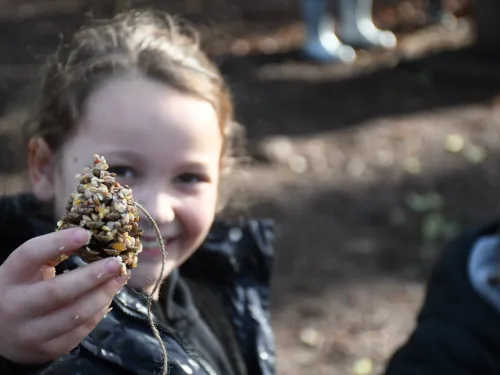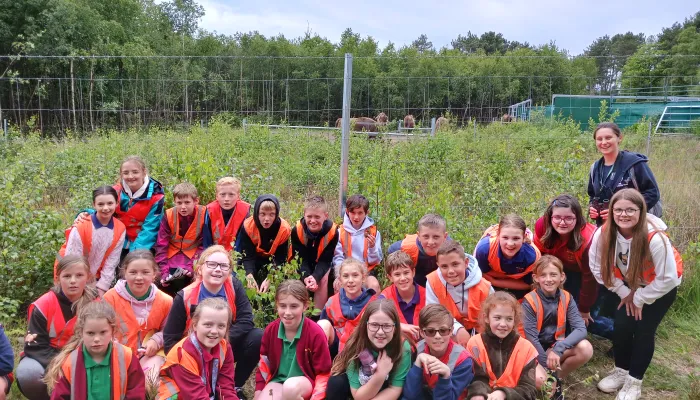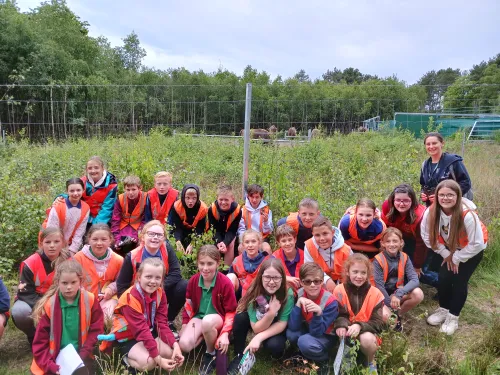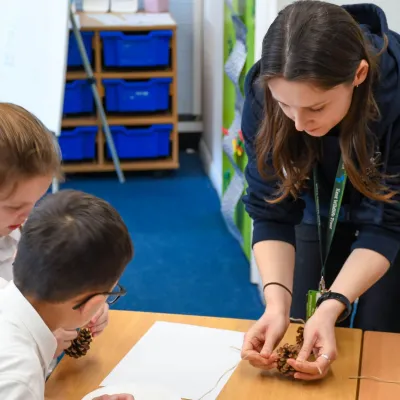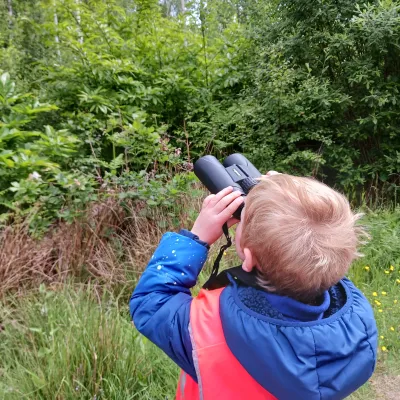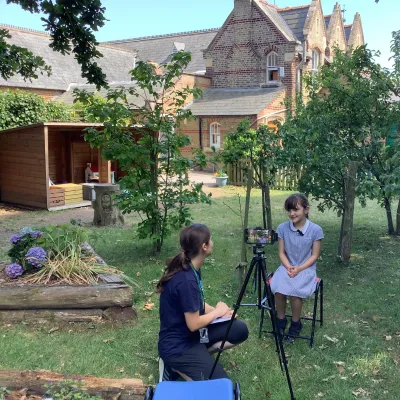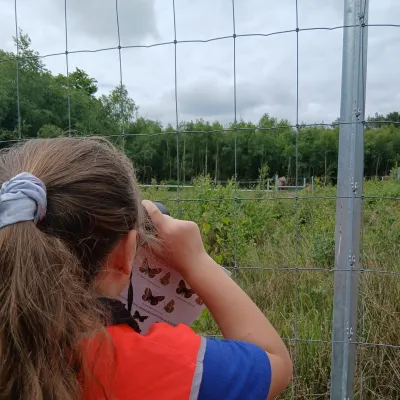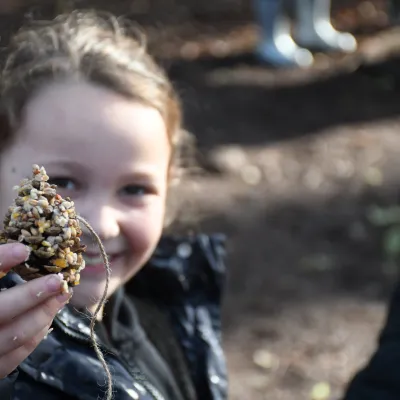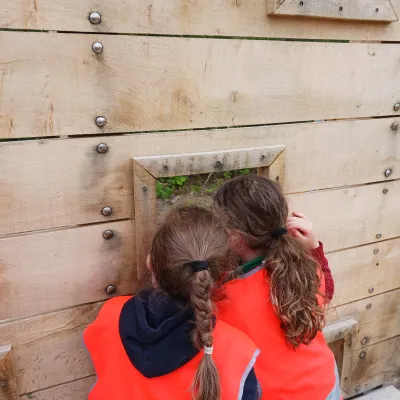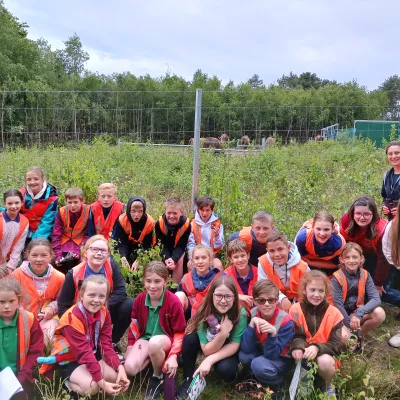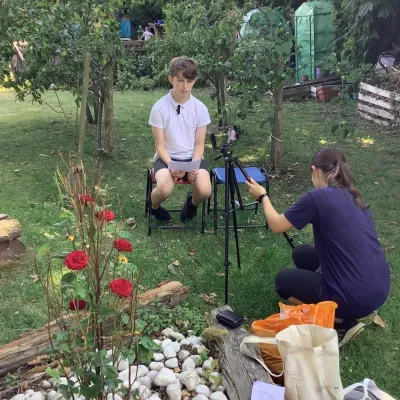There’s a wealth of evidence showing that learning outside and spending time in nature has huge benefits for children and young people. It can boost physical and mental health, wellbeing, confidence, social skills, behaviour, resilience, engagement with learning, and even academic attainment.
UCL research commissioned by The Wildlife Trusts found that after taking part in outdoor sessions, four out of five children said they felt more confident, and most reported better relationships with classmates and teachers. Another Wildlife Trust poll shows that 75% of people think school grounds should become wilder, greener spaces so all kids can experience nature directly, and 76% believe learning outside helps children understand things they just can’t learn in a regular classroom.
We know children learn best when they are happy and healthy. If connecting with nature helps young people feel calmer, more confident, and more positive, then better learning outcomes are a natural result. Outdoor learning shouldn’t be thought of as an “extra subject”, but as a way of teaching across the curriculum that deepens understanding and mastery.
By exploring and learning in local wild places - including their school grounds - children develop not only a stronger knowledge of the natural world, but also a deeper sense of belonging to it.
